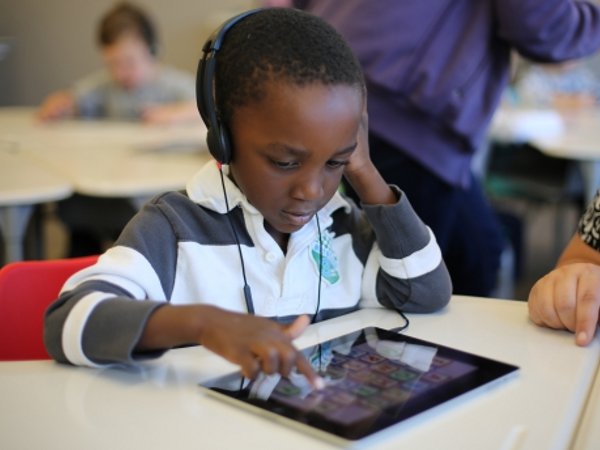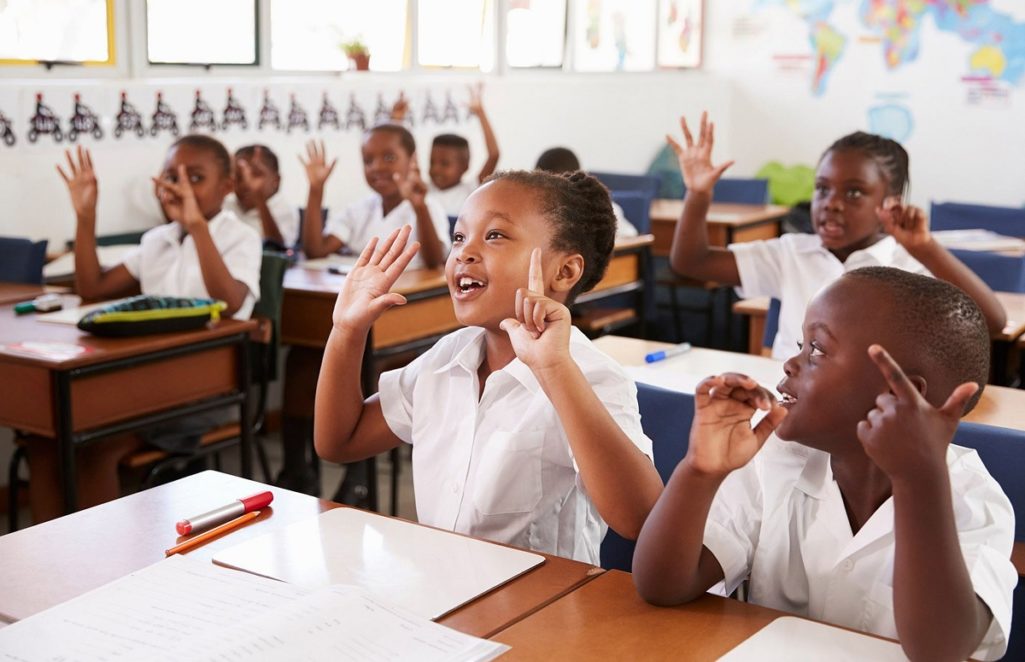20 Helpful Tools And Products To Support Parents With Virtual Schooling


A major challenge during this COVID-19 era is how to re-invent education systems to conform to the new restrictive measures. As some countries begin to accept children back to the classrooms many others are likely to wait until the coming year to resume normal learning. Parents have had to step in to facilitate virtual schooling during this challenging period.
A study by UNESCO, the French Development Agency (AFD) and other partners, reveals that using technology for learning is just as effective as conventional classroom schooling. One of the main benefits is access to new affordable learning resources by students, which can also complement conventional learning. This means that virtual schooling can offer a solution for the current situation while also helping to reach marginalized communities.
ALSO READ: 6 African Edtech Platforms Helping African Students Learn During The COVID-19 Period
There are plenty of resources available for virtual schooling; unfortunately, many parents may not be aware that they exist. This is a rundown of some valuable tools that will make it easier for parents to introduce their children to the world of virtual learning.
Eneza Education
Unfortunately, not many sub-Saharan households have access to computers or smart devices. However, cheap feature phones are increasingly accessible to many. Eneza had capitalized on this to provide a comprehensive cell phone-based learning tool. This platform offers free micro-lessons that students can access using a simple shortcode that is accessible even with basic phones. The service is currently available in Kenya, Ivory Coast, and Ghana. More countries expected to be added soon.
Ustad Mobile
This open-source mobile app allows users to access a large database of educational resources. The content is available for online and offline use and can also be shared between different devices in offline mode. The app is currently available for Android devices.
ABRA

This is a web resource that offers early learners access to over 30 fun and interactive literacy tools. This curated platform includes content for basic literacy skills and digital stories. ABRA content is freely available to learners and includes resources for parents and teachers who are assisting home-learners.
ALSO READ: UNESCO and HP target a virtual "brain gain" for universities in Africa and the Middle East
Mindspark
This online tool is designed to enhance children’s mathematical skills by practicing and applying adaptive learning techniques. The self-learning platform allows children to create their own learning path based on individual needs. Mindspark has a free trial but a subscription is required.
Code It!

ICT skills are becoming a necessity in a digital world and the earlier you can learn these skills, the better. Code It! offers online coding courses that are fun, interactive, and free! This platform is designed for 9-year-olds and above.
Discovery Education
This free online educational resource offers users a wide range of course content and lessons for various grade levels. Discovery Education includes content about outbreaks and pandemics which is useful during the COVID-19 era.
African Storybook

This is a great open-access portal with plenty of picture storybooks in different African languages. The objective of this project is to help children improve their literacy levels in a fun way and in a language that they are familiar with.
Video Conferencing Applications

Virtual schooling often involves live sessions that require students to used video call applications. Some popular apps with this capability include Zoom, Skype, Google Meet, Microsoft Teams, WhatsApp video among others.
ALSO READ: 5 Major Sectors In African Economies Thriving Under Covid-19
Chromebook Devices
Chromebook laptops are powered by a Google-based operating system known as Chrome OS. This efficient software uses fewer resources thus reducing the need for expensive hardware. Most Chromebook devices are affordable and cater to the needs of young learners.
Lark

Lark is an online collaborative platform that combines a number of useful tools to facilitate e-learning. These tools include a chat function, calendar, and cloud storage. The basic version is free and there’s an enterprise version with additional features.
ThingLink
Parents and teachers use this edtech platform to create a virtual classroom experience. The features include virtual tours, augmented videos and images, and additional information. Close to 5 million ThingLink users benefit from this visual learning experience.
Music Crab

Extra-curricular activities are a welcome distraction from studies and they help students develop wholesome life skills. Music Crab is a music game that allows learners to understand the fundamentals of music theory while having fun. This is an interesting activity that students can enjoy during their downtime.
World Reader
Parents can use this site as a reference point for academic and recreational reading material. World Reader is addressing the issue of limited access to books by offering young people access to digital books. This digital library is available to readers in 47 countries (mostly developing states).
Geekie
Portuguese speakers in Africa will be glad to know that there’s an online platform that offers educational content that uses adaptive learning technology. This Portuguese-language portal was created by a group of educators and innovators who intend to improve the learning process using technology.
ALSO READ: 10 Quarantine Activities For Kids Going Back To School
Khan Academy

This online educational repository was started with the aim of providing academic content to children all over the world. The site offers personalized learning that enables students to study at their own pace. Khan Academy strives to maintain credible content that is created by experts.
Praxilabs
Lack of access to proper lab facilities is a major challenge especially for students who are homeschooling. Praxilabs has used technology to counter this problem through virtual lab simulation. The application allows users to carry out virtual experiments in the comfort of their homes.
History of Africa
This BBC documentary series traces back the history of Africa and its inhabitants. Viewers get a front-row seat to historical facts and analysis presented in 15 interesting episodes. This is a great learning experience for both students and parents.
Kitkit School

Kitkit is a learning suite that is optimized to work with tablet devices in developing nations where modern learning tools may not be easily accessible to many. This application includes a number of features such as multiple user mode, learning assessments, offline usability, and multi-language functionality. Kitkit is currently free to download due to the COVID-19 pandemic.
Quizlet

Quizlet is a quiz-style game that uses digital flashcards to help users understand various topics ranging from science to geography. The content is broken down into easy-to-learn segments focusing on specific subject matters. Since the process of learning using Quizlet is designed like a game, users feel accomplished after completing each micro lesson.
Seterra Map Quiz Game

Geography students will benefit greatly from the Seterra map quiz game which requires users to correctly identify various global locations. This will help learners understand the geography of the world and discover new locations that they may not have known about.
The Final Word
COVID-19 has altered the way we live our lives, ushering in a ‘new normal’. But it’s not all gloom and doom as we are witnessing a revolution in the education sector that may just revolutionize how we perceive learning. The shift to virtual schooling may offer comprehensive learning options that are beneficial to learners of different ages.
If you are participating in virtual learning we would love to hear your thoughts and experiences.






Responses